Ironman: Force for Good?
The very first thing many early Hawaiian Ironman finishers did after returning from that race was produce a race back home. I raced Kona in February of 1981 (the image just below is me riding into T2 in that 1981 race, the first held in Kona) and produced a triathlon in my town in August of that same year (the image further below is me racing in that 1981 race I produced). We were apostles, not capitalists. We wanted to bring a sliver of our own apex experience to those in our towns.
Ironman was the engine. It was the mother ship, fueling the growth of triathlon though growing its own brand, albeit at a glacial pace compared to today. A decade after that first Ironman in which I participated there were no more than 7 Ironman races worldwide.
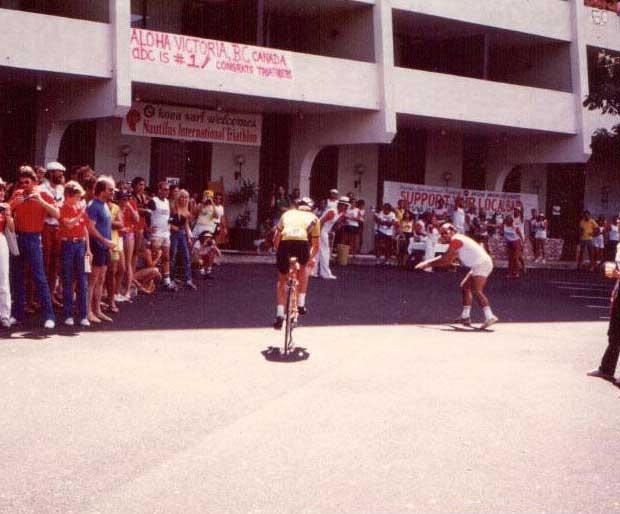
Triathlon did well in the 80s, less well in the 90s. USA Triathlon's annual membership fell to about 15,000 by the mid-90s and entire states like Michigan and Minnesota – lots of multisporters in those states – were almost bereft of triathlons.
What caused that downturn? Hard to say for sure. Partly demographics. High school running – the primary sport funneling people into triathlon – was at a high ebb in the 1960s and 1970s, but dipped in the 1980s so there was less feeder-fuel to support triathlon in the 90s. Also, the first generation of triathletes had aged by the 90s; and there was a general economic downturn in the early 1990s.
What brought triathlon back at the end of the 1990s? Also hard to say. Fans of Olympic triathlon cite this, but I suspect a large boost was the upsurge in U.S.-based Ironman races founded and built by then-Ironman-licensee Graham Fraser. Lake Placid, Couer d'Alene, Florida were all his races. Graham produced a race in Provo, Utah, ill-fated because of a death during the swim. The event was not renewed after that. What's notable about that race is that a triathlon ecosystem emerged from it, short-lived though Ironman Utah was. Clubs, races and stores rose up in Utah contemporaneously and it's hard to imagine that this was coincidental. Lake Placid did the same for the growth of triathlon in metro-New York City. In those days Ironman created its own weather.
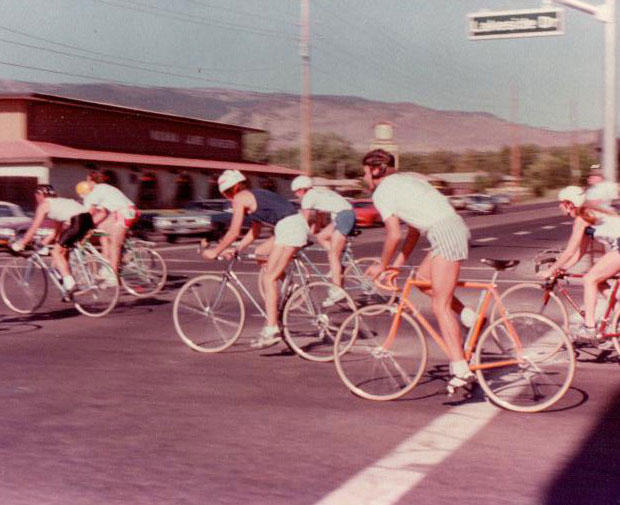
Primary Succession, according to plant and animal ecologists, is the first growth in a barren land before it becomes an ecosystem. Ironman has in many cases been a pioneer species – the first plant in a barren landscape. A “climax community” is at the other end of a series of ecological stages. This is where we are now, in North America. This is where triathlon has been for at least 3 or 4 years already.
Does an Ironman race plopped into a climax community mean the same to a local triathlon ecosystem as it does when it's pioneering barren ground? Is Ironman the same force for good today, in a built-out triathlon community, as it was 15 and 20 years ago? I surveyed several stakeholder cohorts – clubs, coaches, race organizers and consumers – asking questions designed to help me drill down on this question. In all, about 400 clubs, coaches and RDs responded to my surveys. I'll be pursuing the answer to this question over the next several days in a number of articles.
The survey results were interesting and in some cases surprising. Respondents' answers in the aggregate are expert testimony when I ask questions of fact, as in, are your revenues, membership, customers up or down? When I ask opinions, their answers are not fact-based. But when a certain cohort tends to hold the same opinion on a question, it is a fact that they hold this opinion, even if the opinion is false. The fact that a lot of people think global warming is not taking place, or that childhood immunization causes autism, is notable, relevant, newsworthy, and demands a response even if the underlying opinion is baseless.
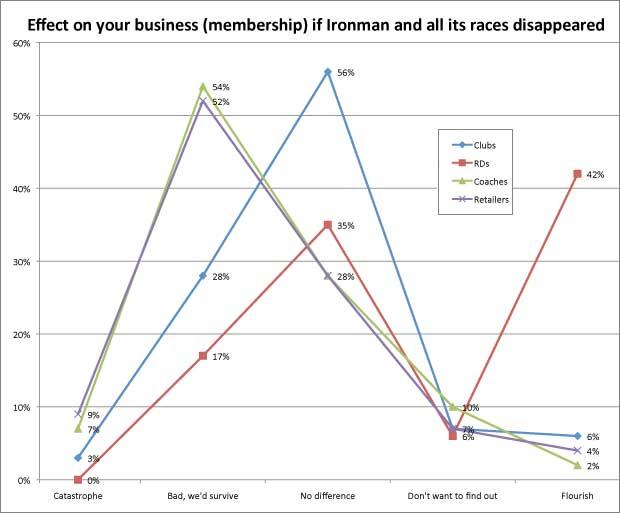
There is only one survey question I asked where I disagree with many of the stakeholders I surveyed. The graph above displays the results of the clubs, coaches, retailers and RDs when I asked them all the same question: If the Ironman brand and all its races were gone tomorrow, what the effect be on your business (or membership)?
The one dire option was “catastrophe” and the possibly-dire option was, “I don't know but I don't want to find out.” The sum of both these answers did not total more than 17 percent for any of these cohorts. Not a single RD thought the loss of Ironman and its races would be catastrophic to his business, and more than 75 percent thought there would be no difference or their businesses would flourish as a result. More than 6 in 10 tri clubs answered this way.
Ironman has been a benefit to some areas and I will argue (with specific examples) that triathlon would have been better off in a number of communities had Ironman stayed the hell out. Still, Ironman has been our sport's flagship, and were it instantly gone tomorrow this would in my opinion be catastrophic for triathlon. The fact that a significant number of business stakeholders in tri see this differently either speaks to their antipathy for the brand or for a lack of honest appraisal of what the brand means.
The final question on the survey sent to all these stakeholders in all these groups is,“What else would you like to say?” A lot of local business stakeholders are cheesed off at Ironman. It is a tough competitor and those in certain business cohorts can point to the scars. (Ironman's sometimes sharp elbows probably bend the answers to the “If Ironman brand were gone tomorrow,” question.)
Is Ironman a good citizen and a good local stakeholder in each community in which it situates a race? Based on survey results the answer is yes in many cases, not so much in others. I'll do my best to support this with specificity throughout the week.


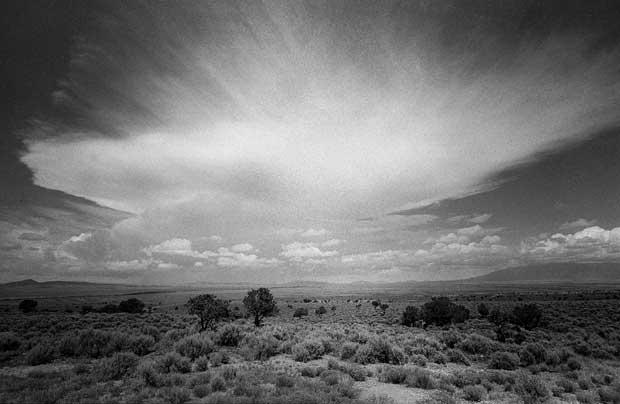
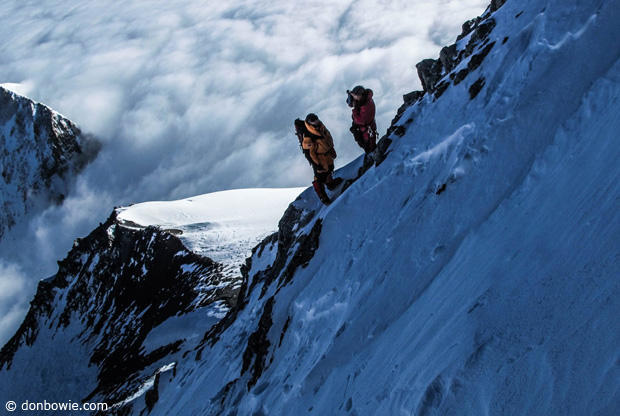
Start the discussion at slowtwitch.northend.network